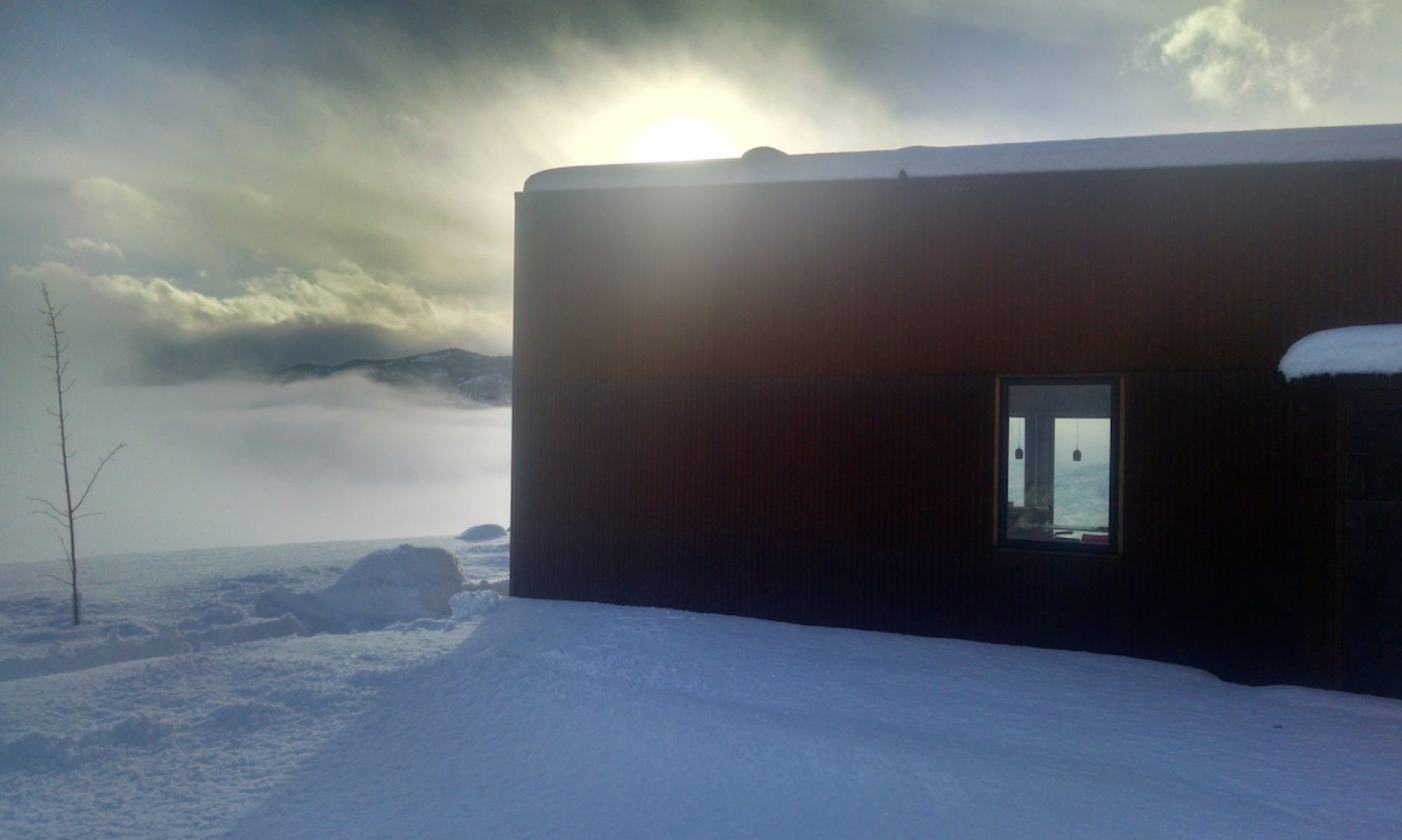After realizing how few book I read last year, I’ve decided to make a conscious effort to read more. As a way to help me keep it up I’ve decided it would be fun to add “reviews” for each of the books I’ve read. Of course, I’m bad at reviews so I’m taking a slightly different approach, giving a brief summary and then describing the crazy ideas I had while reading the book.
Summary: Suppose I told you that I ran a study where I had experts and monkeys try to predict the price of a stock a month in the future. My findings where that monkeys were no better than experts. What would you say? Would you give up any idea of predicting the price? What if I then told you that there was a group in my study, monkeys raised on vegetarian diets, who did perform better than the experts and overall proportion of experts? Would this change your mind about the predictability of stock priced? What if I had told you instead that the subgroup that outperformed were had instead of being vegetarian monkeys, they were Harvard educated monkeys?
Superforecasting: The Art and Sciences of Prediction by Philip E. Tetlock and Dan Gardner considers these questions for expert predicting world events. Previous research by these and other researchers had showed that self described experts were no better, on average, to other groups of people. But this of course does not mean that there aren’t subgroups of people in these studies who might actually be reproducibly good at predictions. Superforecasting is the story of such a group.
Rating: Worth the time! Assuming you buy the methodology, some ideas for the characteristics of becoming a better predictor.
Speculation: In 8th grade I had a teacher who, like Babe Ruth point his bat to the bleachers, predicted both the fall of the Berlin Wall and the Tienanmen square revolt. Imagine you had the ability to predict macro political changes, but instead of like my teacher, the predictions pointed to a world you did not want to see. How could your psyche with stand this? What is the psychological toll of seeing the future but being unable to impact it enough?

ancient echo: Cassandra
modern echo: climate scientist
Although I don’t know many geoscientist who are killed by the lover of their lover’s wife. It probably happens some times.
>> the predictions pointed to a world you did not want to see
This is how I feel about Europe.
>> How could your psyche with stand this?
I tell myself that I might be wrong …